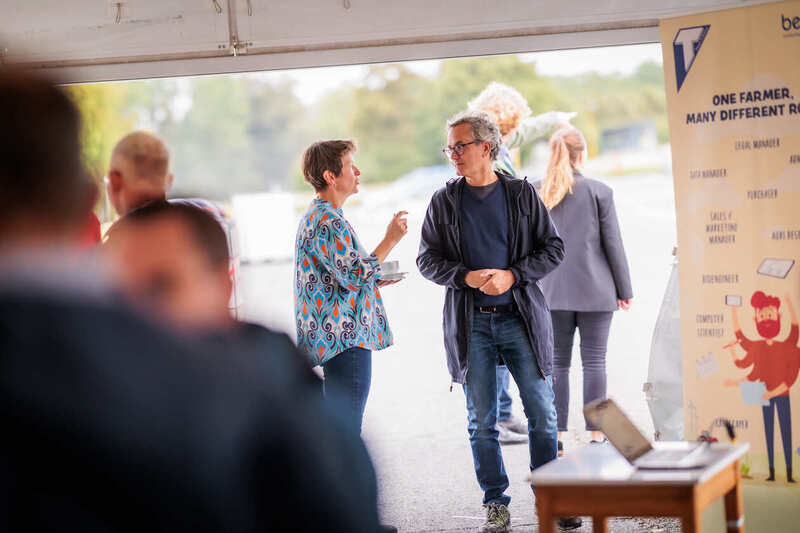Major ingredient players collaborate with Belgian farmers to launch joint Climate Farming Project

Raffinerie Tirlemontoise, a beet sugar producer, Beneo, a leading manufacturer of functional ingredients, and Puratos, a global leader in bakery, patisserie, and chocolate ingredients, have joined forces to launch an ambitious initiative supporting Belgian farmers.
The Climate Farming Project will help farmers implement more sustainable farming practices and promote regenerative agricultural principles that contribute to enhancing soil health and reducing environmental impact.
Addressing climate change and ensuring resilient farming practices is crucial to meet the demands of future generations, says the trio. The project partners recognise that this requires collaboration between the agricultural sector and the food industry. Empowering farmers through training and stimulating the exchange of knowledge are key components of this joint commitment.
The project is already underway and will run until 2025, involving 15 pilot farms across Belgium. Together, they will cultivate sugar beet, wheat and chicory according to various regenerative farming methods in an area equivalent to the size of more than 1,100 football fields.
Throughout the project, farmers will work on specific farming measures. This includes strategies such as reducing mineral nitrogen fertilisation and pesticide use through more organic means and enhancing biodiversity by planting flower strips and hedges next to the fields. Improving the biomass of cover and catch crops that are planted after the main crop harvest will also reduce soil erosion and enhance soil fertility and biodiversity in agroecosystems. In addition, it will aim to reduce the tillage and soil work to different degrees as a measure to combat erosion. These efforts are supported by the localised application of mineral fertilisers, the use of organic fertilisers, biopesticides and the early sowing of multi-species catch crops.
At the outset, the Climate Farming Project engaged in a comprehensive diagnostic phase using a farm assessment tool called Greencard. This initial evaluation was crucial in setting measurable objectives and selecting appropriate regenerative agriculture practices, which could then be implemented in subsequent phases. The results can be used to expand these practices to other farmers working with Beneo and Raffinerie Tirlemontoise.
In noting his perspective, Fabrice Flamend, a farmer from Eghezée, Belgium, and member of the Climate Farming Project, says it is clear that the agricultural sector must move towards a more regenerative approach. While there are many ideas on how to achieve this, involving farmers and their expertise from the field in these discussions is vital.
He adds: “We need to uncover feasible techniques where factors such as soil condition, crops, equipment and profitability can be taken into account. This is why I am excited to be part of the Climate Farming Project. It provides a platform to exchange know-how and experience between farmers, and the companies that process our crops. Through the Climate Farming Project, we can work together on solutions that will future-proof agriculture.”
Related content
Source: foodanddrinktechnology.com

